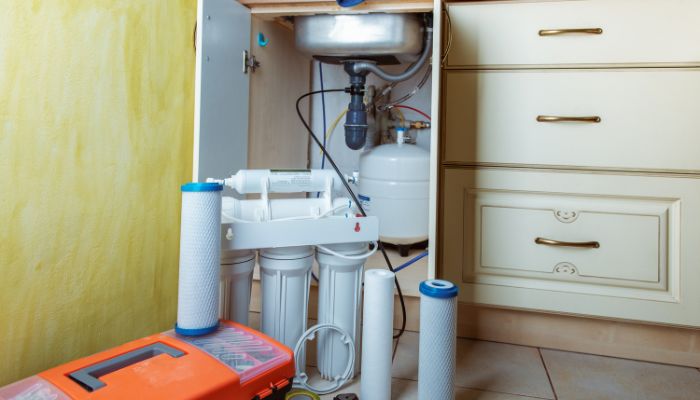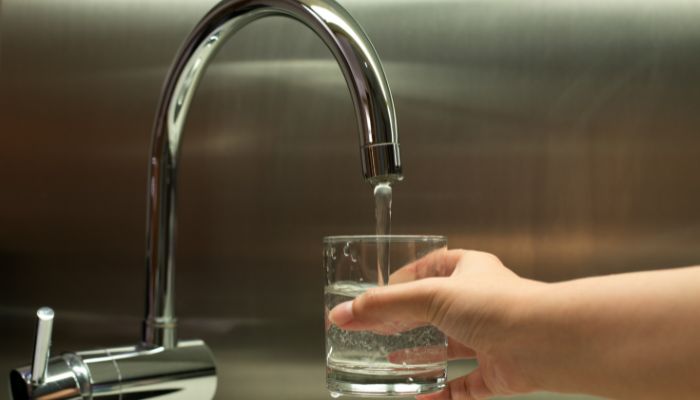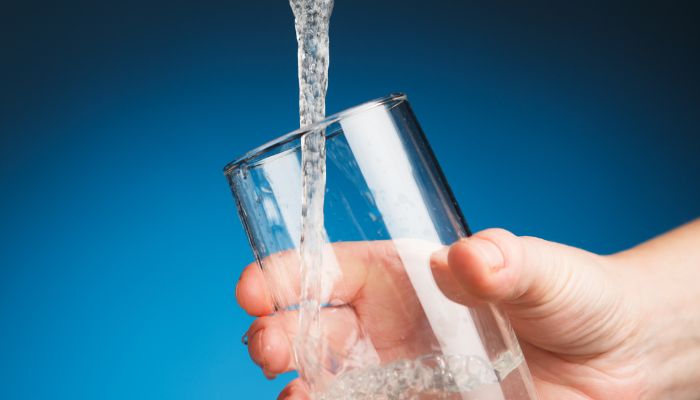Water is essential to our survival, but unfortunately, not all water sources are safe to drink. Many people rely on bottled water or filtration systems to ensure their water is clean and safe to consume. One popular method of water purification is using charcoal filters. In this article, we will explore how charcoal filters work to remove impurities from water, and why they are an effective option for water purification.
What is Charcoal?
Charcoal is a form of carbon that is produced when wood is heated in the absence of oxygen. It is a porous substance that has a high surface area, which makes it an ideal material for water filtration.
Activated charcoal, which is commonly used in water filtration systems, is made by heating charcoal to a high temperature and then treating it with oxygen. This process creates tiny pores in the charcoal that increase its surface area even further, making it even more effective at filtering impurities from water.
How Does Charcoal Filter Water?
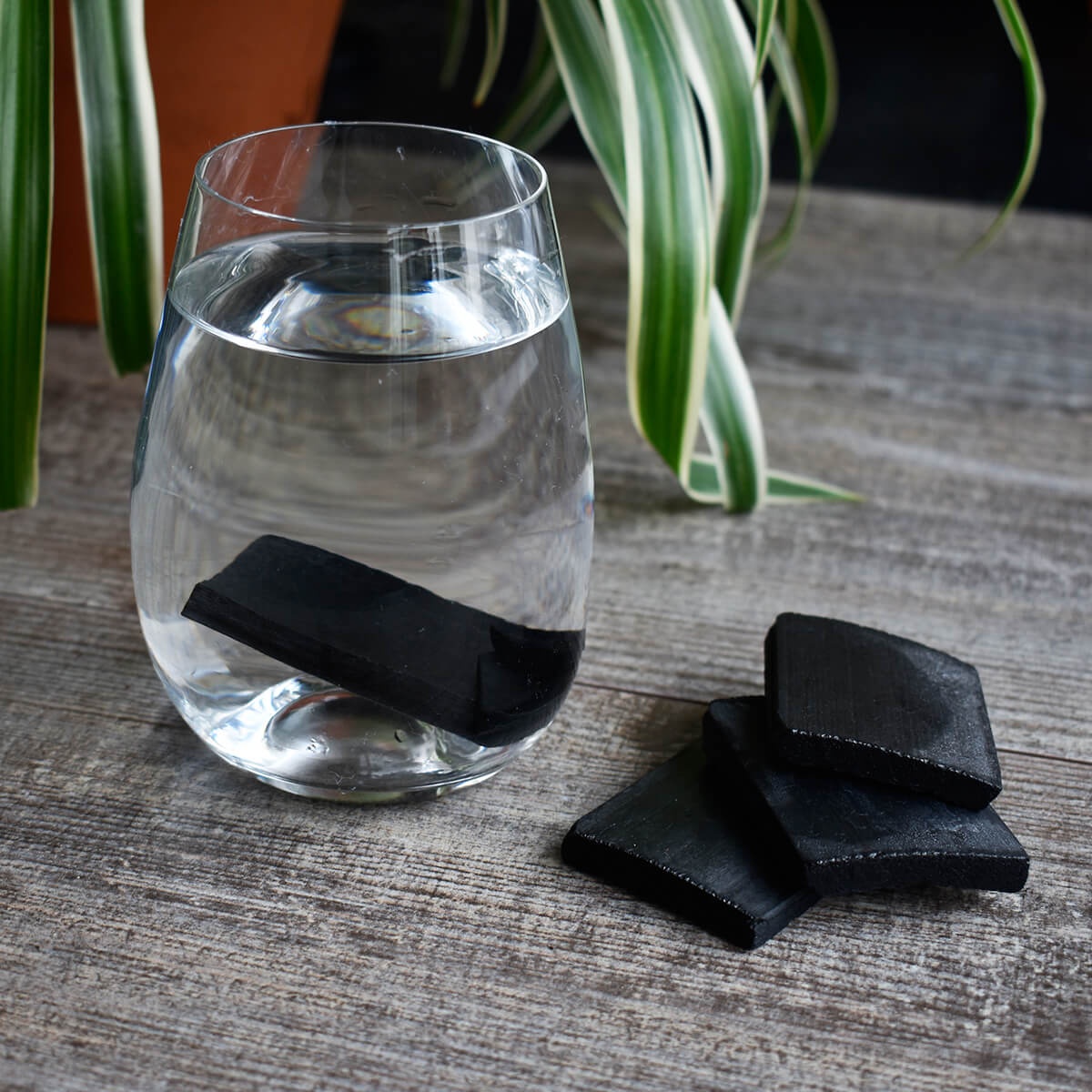
Activated charcoal purifies water by adsorbing impurities onto its surface. Adsorption is different from absorption. Adsorption binds impurities chemically on the surface of the charcoal filter rather than physically absorbing them.
Activated charcoal has a large surface area that allows it to adsorb a variety of impurities, including organic and inorganic compounds. However, it is not effective against all impurities, and the charcoal must be replaced periodically.
Activated charcoal is one of the most effective ways of removing water impurities such as chlorine, which is commonly found in tap water. It can also effectively remove organic compounds, dissolved radon, and chlorine. However, carbon filters will not remove bacteria, calcium and magnesium (hard water), fluorides, nitrates, chlorides, and many other inorganic chemicals.
Is It Safe to Drink Charcoal-Filtered Water?
Yes, charcoal-filtered water is safe to drink. Charcoal filters remove toxins and particles from contaminated tap water, making it safe for drinking.
Charcoal filters are most effective at removing chlorine, particles such as sediment, volatile organic compounds (VOCs), taste, and odor. They are not effective at removing minerals, salts, and dissolved inorganic substances.
Carbon filters can harbor bacteria. If the carbon filter is not replaced often enough, bacteria build up on the surface of the carbon and fill the entire surface.
Can Normal Charcoal Filter Water?
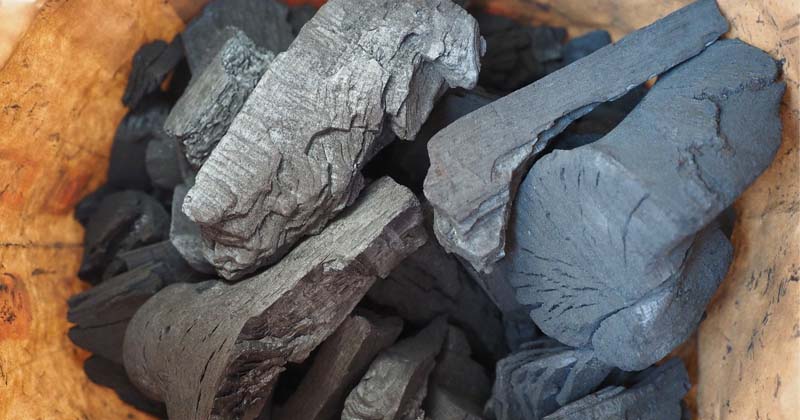
No, normal charcoal cannot filter water.
Charcoal filters use activated carbon, which is pure carbon with an enlarged surface area that removes microorganisms and other contaminants. Regular charcoal for a bbq or from a fire does not have the same capabilities.
Most charcoal you buy at stores is not pure and could leach numerous chemical contaminants into the water. Instead, you will want to make activated charcoal.
Is Activated Charcoal Better Than Charcoal in Filtration?
Activated charcoal and charcoal are both hard, porous materials that are well-suited to water filtration. However, activated charcoal is more porous than charcoal and is, therefore, better at adsorbing pollutants and chemicals. Activated carbon, on the other hand, is more efficient at removing organic compounds from water.
Activated charcoal is a powder comprised of wood, bamboo, coal, or coconut shells that have been burned at a very high temperature. In contrast, regular charcoal combines coal, peat, wood pulp, petroleum, and coconut shells.
Both types of filters are very effective at removing pollutants and solutes from the water supply. However, charcoal or carbon-based filters are less effective at killing bacteria and other microorganisms.
The enormous inner surface of the activated charcoal and the plentiful supply of nutrients for microorganisms increase the risk of microbial contamination and the formation of biofilm.
Types of Charcoal Filters:

Granular activated carbon

Made of individual granules that provide a high water flow rate.
Carbon block

Made of a solid block of compressed carbon that is often used as a pre-filter in reverse osmosis and other water filtration systems.
Activated carbon
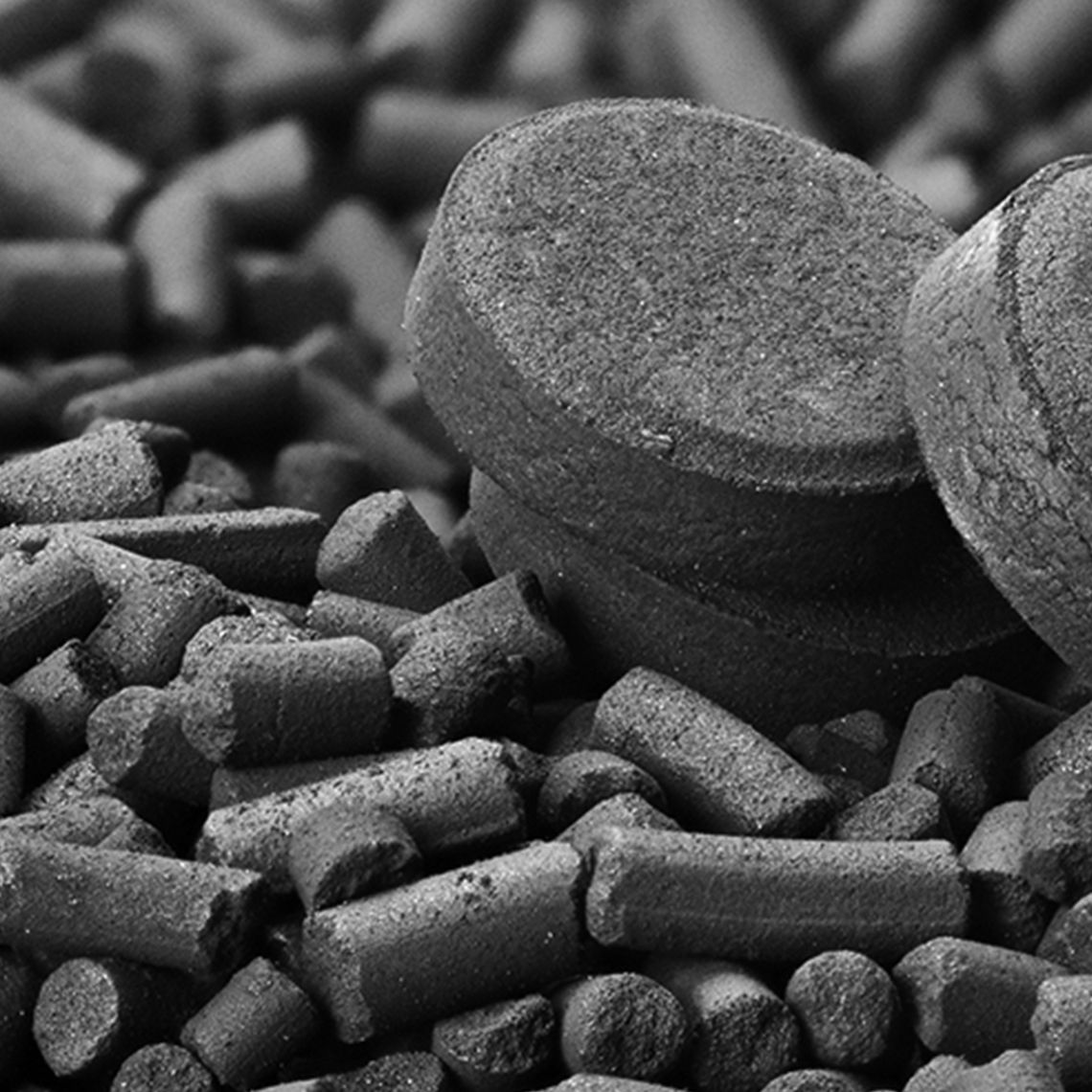
Also called “activated charcoal,” this form of carbon has been processed to have an incredibly large surface area.
Catalytic carbon

This type of activated carbon has been modified to be able to remove hydrogen sulfide.
Impregnated carbon
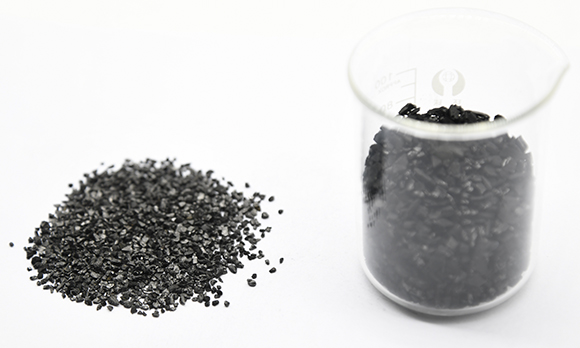
This filter is composed of high-quality activated carbon fibers, activated carbon-impregnated fibers, and some use fiber paper. It has a strong adsorption capacity for chlorine, organic matter, and more.
Conclusion:
In conclusion, charcoal filters are a popular and effective water purification method. By using the process of adsorption, activated charcoal can remove a wide range of impurities from water, including chlorine, pesticides, and VOCs.


![How to Use Sand to Filter Water? [Nature's Purifier 2023]](https://bestcleaningtools.com/wp-content/uploads/2023/05/Untitled-design-6.jpg)
